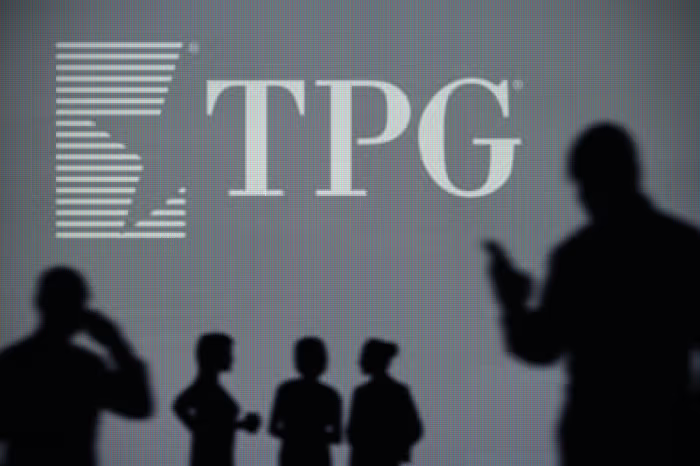While the West has long pondered the issue of how to deal with a rising China, it has yet to focus on the global implications of a dwindling China.

In 2021, Chinese President Xi Jinping coined and popularized the slogan: “The East is rising, the West is declining,” to foreshadow China’s rise and eventual replacement of the US as the world’s leading economic power.
At the time, China had for the most part been able to mitigate the Covid-19 pandemic and even recorded its fastest growth in a decade. The US, meanwhile, battled with surging inflation, domestic political turmoil, and continuous outbreaks of Covid.
A few years later, Xi’s statement seems to have aged rather poorly. While the US closed 2023 with its strongest quarter in two years, China’s economy faces a deflating property bubble, unmanageable local government debts, and slumping consumer confidence.
China’s gross domestic product (GDP), which made up 75% of the US’s in 2021, fell to 64% in the third quarter of 2023, precisely where it was in 2017.
From the US point of view, China’s economic slowdown is neither solely positive nor negative. On the one hand, stifling growth means less cash to fund its priorities, ranging from developing AI applications to bolstering its military and funding loans to the global south.
However, it also means diminished prospects for US exports, relative to imports from China, in addition to reduced potential for American based companies active in China.
On separate visits to Beijing last April, Treasury Secretary Janet Yellen and Secretary of State Antony Blinken relayed a common message: Chinese manufacturing overcapacity is flooding global markets with cheap exports, distorting world trade and resulting in American businesses and workers struggling to compete.
Yet, years of short-sighted and erratic policies, prioritization of state owned enterprises privy to the Chinese Communist Party line, and undelivered promises of reform have culminated in sluggish growth and weak consumer demand.
The only way that China’s leaders can see to pull themselves out of this hole they have created is to keep digging, in this case, continuing to pump out exports.
This means the influx of Chinese exports will likely continue, tensions with the US and other trading partners will rise, China’s people will become increasingly dissatisfied with its country’s economic prospects — and to complete the vicious cycle — Communist Party leaders, in all likelihood, will respond with more repression.
China’s economic woes start from the top, with the Communist Party’s excessive control of the economy. This is embedded into China’s political system and has everything but improved under Xi Jinping’s reign.
China’s strategies for fixing or improving the economy rely on counterproductive mandates established by the government, be it creating new companies or building more industrial capacity.
The strategy actually recommended by economists to drive growth — liberalizing the private sector and encouraging consumers to spend more — contradicts the way the government works, and that is not plausible.
Now, with an imploding real estate market, the government cannot even afford to continue boosting the property sector. And, despite new efforts to shift toward a domestic consumption-driven economy, Chinese consumers have converged to gold as a sort of safe haven against a bleak and uncertain future.
So, the government is resorting back to pouring money into industrial capacity in hopes of sustaining the economy. Yet, with depressed demand, many of these products will have to be exported.
If China faced rising economic pressure to lower the value of the Chinese Yuan, Chinese goods would be made even cheaper in US Dollar terms, further increasing export volume and consequently upsetting trading partners.
However, such a devaluation would make the importing of foreign goods relatively more expensive, draining Chinese consumers and businesses while providing an incentive for those who are wealthier to take their money out of China.
China will struggle to innovate itself out of this mess. After all, its economic model still relies largely on cheaply replicating existing technologies, as opposed to long-term research aimed at industry-leading commercial breakthroughs.
All this goes to show how the slogan coined and popularized by Xi Jinping — The East is rising, the West is declining — seems to have ended with a whimper.
To get in contact with feedback on this article please email us at publishing@krugmaninsights.com





























You must be logged in to post a comment.